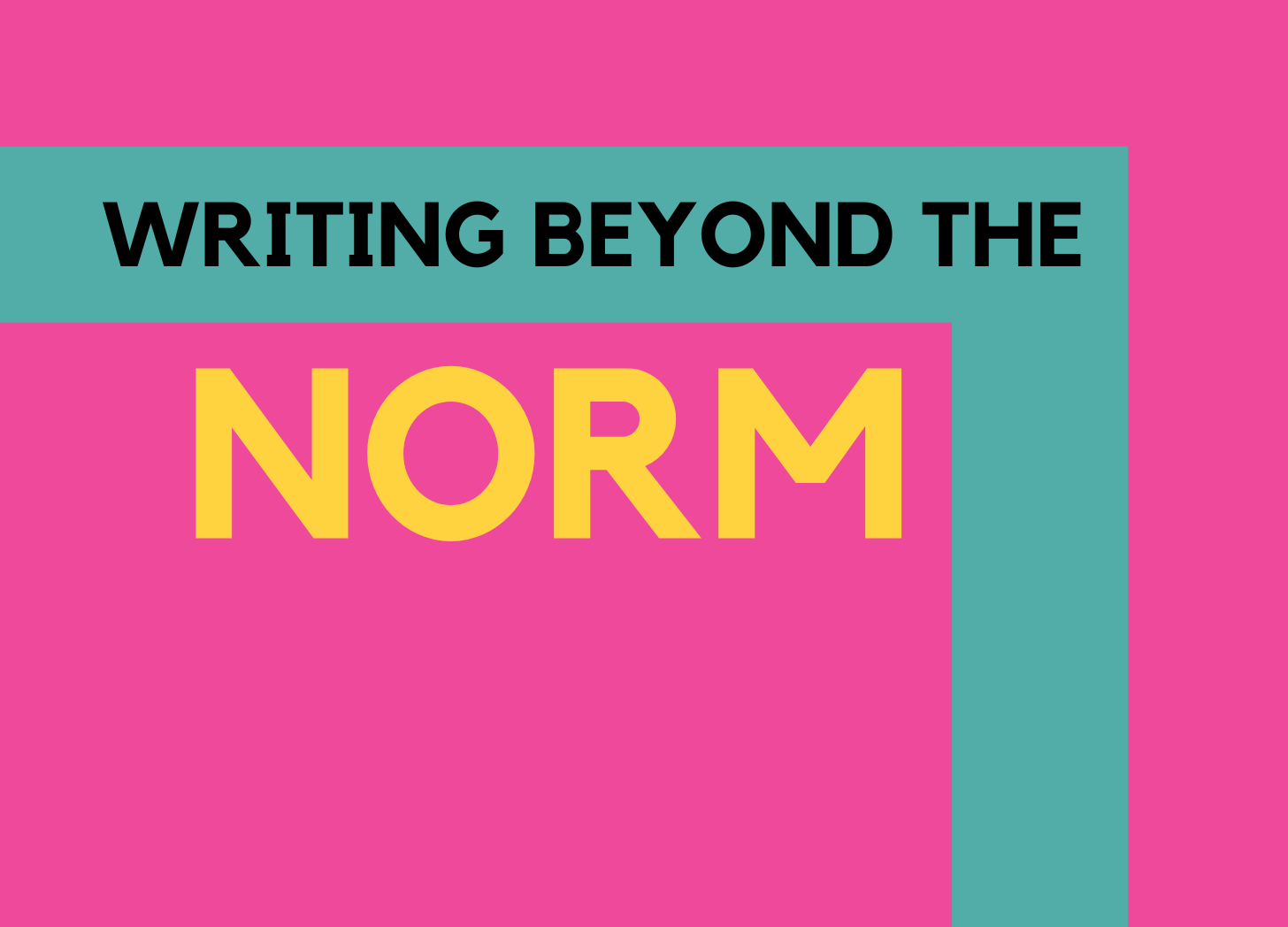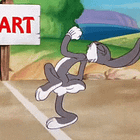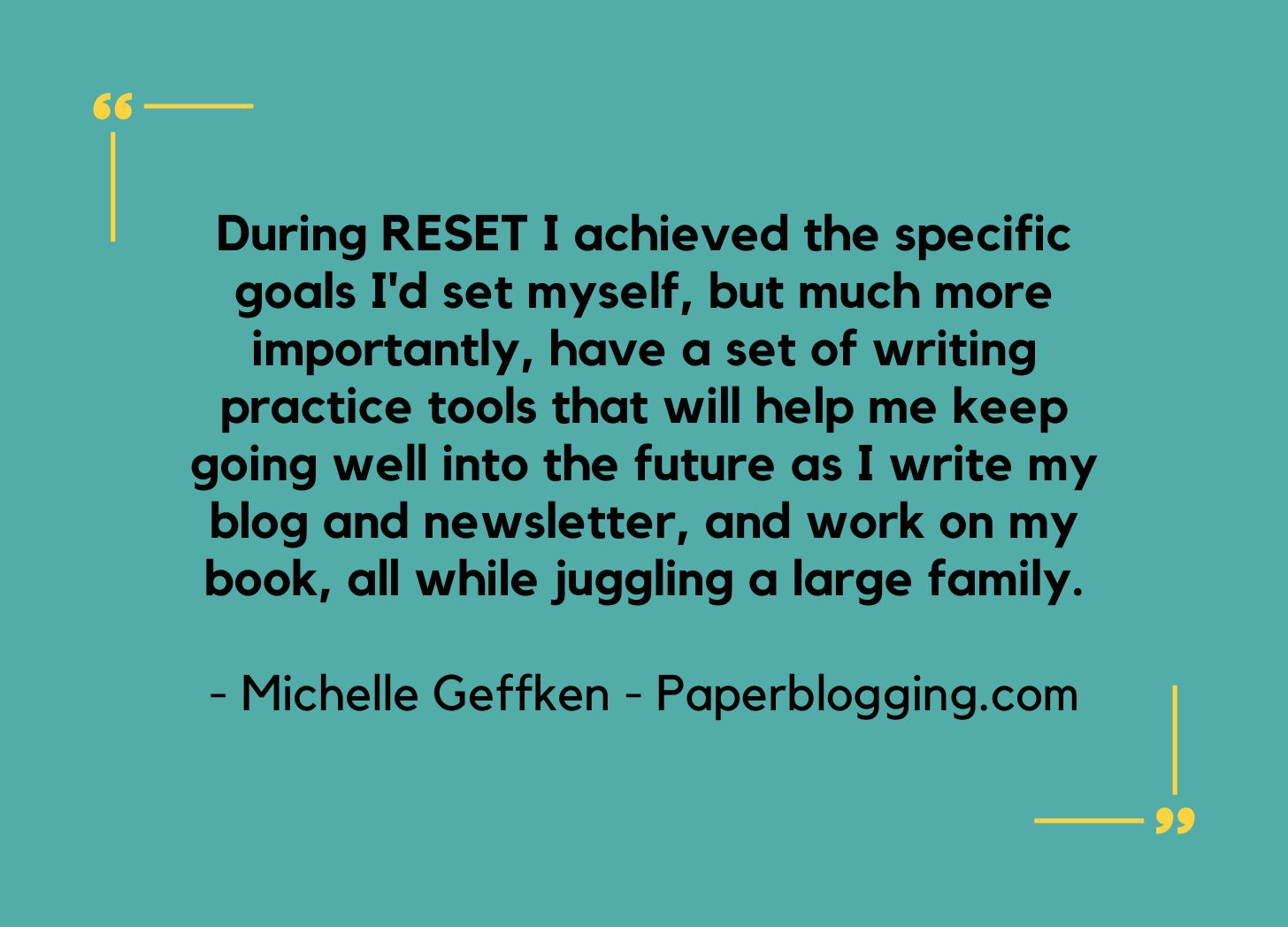'I called off the search for perfection' Advice on writing and neurodiversity
How neurodiversity affects writers, what strategies are helpful to manage time, find focus & deal with a persistent inner critic.
Have you ever procrastinated with your writing? Perhaps you’ve struggled to plan ahead and meet goals, to display self-control and maintain focus, or stick to task and hit deadlines? All writers experience this to some degree; for neurodiverse writers it is extreme. Many stop writing completely.
That was very nearly the case for Amanda Marples. As a writer with Attention Deficit Hyperactivity Disorder (ADHD),1 Amanda spent a lot of time figuring out workarounds. She went to all the workshops on how to be productive and listened to the talks about time management; while advice, such as ‘make a to-do list’, made sense she couldn’t put the strategies into practice.
Amanda felt shame about her struggles to write – she told herself she wasn’t cut out to be a writer. But once she received a diagnosis, she was able to figure out how to support her writing and now works at The University of Sheffield supporting students with a range of disabilities as well as facilitating writing groups and coaching neurodiverse writers.
“I’m constantly paddling like mad to keep up and trying to compensate for those deficits that I knew that I had, which is exhausting.”
- Amanda Marples
She called off the search for perfection. “There isn’t a perfect routine,” she told me. “It’s one of the many paradoxes of neurodiversity is that we absolutely long for routine but when we find something that works, we’re bored by it.”
We had a conversation about the issues neurodiverse writers face and her down-to-earth advice provides a refreshing approach for all writers. Let’s start with some definitions.
This is the first post in our Writing Beyond The Norm mini-series looking at what we can all learn from writers who in one way or another break the mould. We also want to interview writers who are late bloomers, full time carers etc. Suggestions welcome! Read more about our ideas for this series here.
If you like this series please share or leave us a ❤️
What is neurodiversity?
A social worker by background, Amanda sees neurodiversity in socially mediated terms. It refers to the range of human brains. “It’s very much like biodiversity,” she said, “the whole beautiful rainbow of different ways that brains can be. In any population of any phenomena, you’ve got a middle range and most people fall into that typical range. And then you’ve got your outliers.”
There is a debate about whether being on the autistic spectrum or having ADHD is a disorder. She explains: “It feels very much like a disorder because we are living in a neurotypical world that is set up and designed for that middle range, standard brain.”
Which is why neurodiverse writers struggle with off-the-shelf advice, even the research-backed, scientifically-proven productivity strategies.
Take attention and concentration. Neurotransmitters such as dopamine are an essential part of the reward cycle which allows us all to focus and to repeat activities which lead to productive habits long term. But if your brain processes dopamine differently, it can be impossible to focus and sustain attention. This can lead to self-blame and judgement by others.
Boom and bust cycles of writing
The reward cycle explains why neurodiverse writers get bored of strategies fast and why they experience boom-bust cycles of activities. Amanda told me:
“We find this new, brilliant, shiny strategy and say, I’m going do this thing every day until I die because it works so well. Then we don’t feel like doing it because we’ve grown bored with it. So we stop doing it and then we never do it again.”
Her advice is to rotate strategies. It is better to hold all of these things really lightly knowing that you will get fed up with working in that way. Don’t write something off completely. Instead have a range of different ways of doing things.
The downsides of hyperfocus
The flip side to lack of focus is hyperfocus. Hyperfocus has some elements in common with the theory of flow based on the work of psychologist Mihaly Csikszentmihályi who studied how artists got so immersed in their work that they would disregard their need for food, water and even sleep. It is often seen in a positive light, with many writers craving a flow state, but for neurodiverse writers it has consequences.
Amanda said that neurodiversity often comes with poor interoception2 “and without that strong connection physical sensations, we can ignore hunger, pain and even signals to go to the toilet.”
When a partner, family member or friend is deep into something, it can cause problems if you are trying to get them to stop doing something and pay attention to something more immediate or important.
Announcement Klaxon 🔊 Got a writing project that needs a boost? Our next 7-Day Writing Sprint starts on June the 3rd. Find out more and sign up to race! ⬇️
Managing the inner critic
Everybody has an inner critic. Amanda explains it’s normal to have that internal narrative voice that tells you that your work’s not good enough. But, she said: “for neurodivergent people, it’s louder, more unpleasant, more intense and more frequent.”
Linked to that is rejection sensitivity which can show up in different ways, from perfectionism to procrastination. Anxiety about rejection can stop people writing and for students and academics it can stall projects completely as rejection and feedback are built into the process.
Time blindness
Neurodiverse writers struggle with time, and with a lot of recent discussion about time blindness3 I was keen for Amanda’s take on this. She has been accused of tardiness or chronic lateness because she wasn’t aware that time has passed. Time blindness can present in other ways, such as having a short time horizon where you don’t have awareness of deadlines until they’re right on top of you. By not being able to see into the future and plan ahead, she often ends up rushing around last minute to get stuff done. Finally, there’s an inability to assess how much time is left. Amanda gave an example:
“For example, let’s say I get up at 6am and I’ve got a student to see at 9.30am. I know I’ve got three and a half hours until I see the student. But no matter how hard I try, I spend the next three and a half hours thinking I’ve got three and a half hours. When of course the clock is ticking down. And this happens with student deadlines as well. So a student in week one of teaching might have an assessment that they know is due in week 12. They think, it’s 12 weeks away when actually it’s now nine weeks, eight weeks, seven weeks. And then before they know where they are, it’s next week.”
Her solution is to make time visible, so ahead of meetings, it might mean setting an alarm to go off every half hour to countdown the time.
Self-acceptance
Neurodiverse writers need a set of tools to manage how they approach writing, but it’s not easy. Amanda told me that it is a practice, because it’s not going to go away, “there’s something about accepting it. Because unless you do that, you’re going to be fighting against the way it is. I’ve not done any of this on purpose. It is the way that it’s for me. It’s hardwired in.”
Approaches for writers
Amanda’s advice is rooted in her personal experience and her work with neurodiverse writers, but I reckon it will offer comfort to others struggling with attention, organisation, perfectionism and having an inner critic.
Understand that neurodiverse brains are unique and what works for others might not work for you.
Call off the search for the perfect process. Stop seeking perfection.
Hold your strategies lightly. Experiment. Build up a set of approaches and rotate them.
Turn down the volume on your inner critic. It’s not easy, but release the pressure on yourself – this requires patience and practice and learning cognitive strategies.
Find peer support, join a group to share experiences and strategies, try body doubling4 – in person or online.
Get a diagnoses if that’s available to you and seek specialist support such as a coach or mentor.
“I don’t have to write 3,000 words today. I don’t have to sit at my desk for six hours. I don’t have to get rid of that voice. I can just be who I am and I can bring the bar down really low. Today might be a day where I do 50 words or I set the timer for 10 minutes and write to the bell. And that’s okay.”
- Amanda Marples
You can find out more about Amanda Marples and the support she offers neurodiverse writers on her website Reconcile Creative where you can also sign up to her newsletter. I love her list of pesky issues.
Writing RESET: One week left to secure your place
Starting on the 31st of May, our Writing RESET summer school helps you meet your writing goals and over six weeks find a routine that works for you.
If you’re stuck on a project or have fallen into bad writing habits you have one week left to sign up.
The programme is online but involves direct coaching support from us - if you have any questions email us at hello@prolifiko.com and we’ll get straight back.
According to the NHS ADHD is a condition that affects people's behaviour. People with ADHD can seem restless, may have trouble concentrating and may act on impulse.
Interoception is an internal sensory system in which the physical and emotional states of the person are consciously or unconsciously noticed, recognised and responded to.
This is a great article on time blindness by Chris Guillebeau: Time Blindness: Why You’re Always Late, Why You Underestimate How Long It Takes to Finish Something, and What to Do About It
Body doubling is a productivity strategy used by individuals with ADHD to work on neglected or frustrating tasks with another person – online or in person. This is the body double and their duty is to keep the individual with ADHD focused on the task at hand. It has been found to reduce procrastination and distraction and increase motivation as well as providing time and space for the task.










I absolutely loved having this conversation with Amanda Marples. I had MANY questions - she was so generous in sharing her experience and expertise. Practical approaches which I hope will help lots of writers.
This has just given me some insight into my ASD son...he is struggling with getting assignments done on time, and then rushed when he gets a reminder. Time blindness makes so much sense! Now I know where to focus to find the right strategies for him.